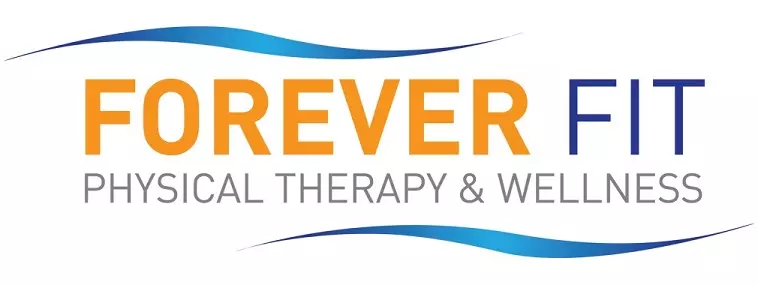Vestibular rehabilitation is a treatment method that can be effective for a wide range of conditions. If you are experiencing vertigo, head pain, nausea or other associated symptoms, vestibular rehab might be right for you. These symptoms can have many causes. Vestibular issues are frequently correlated to temporomandibular joint (TMJ) dysfunction.
The temporomandibular joint is a joint located along the jaw. This joint has the important function of connecting your jawbone to your skull. When you speak or chew, you are engaging your TMJ. TMJ dysfunction occurs when something goes wrong with the TMJ’s normal operation. Typically TMJ issues involve irritation and inflammation in the jaw joint. You may experience a range of symptoms as a result. These symptoms can get worse over time, so it is important to seek treatment as soon as possible. When it comes to addressing TMJ dysfunction symptoms, physical therapy can be a great solution.
Understanding how long TMJ dysfunction symptoms can last
Want to know how long your TMJ dysfunction symptoms will last? Unfortunately, there is no simple answer. The timeline for TMJ dysfunction is dependent on a lot of factors. Your condition, daily activities and current treatment can all play a role. An acute case, say, after a dental procedure, may alleviate within a few days without intervention. However, low-level jaw pain that has been persisting for a while can be effectively treated. Different symptoms may last for different amounts of time as well. Some symptoms, such as clicking sounds in the jaw, may only occur when moving your jaw. Other symptoms like jaw pain may be more persistent. Left untreated, these symptoms can persist indefinitely. TMJ dysfunction also tends to flare up periodically. Without proper intervention, these flare-ups can disrupt your daily activities. Fortunately, with the right treatments, relief is possible.
Common TMJ dysfunction symptoms
- Jaw pain — One of the most common symptoms of TMJ dysfunction is jaw pain. This typically results from inflammation and tightness around the jaw joint. Left untreated, this pain can radiate to the neck and other parts of the head, including the ear. TMJ pain generally comes in waves. As your condition progresses, though, your TMJ pain may become more constant. To prevent your pain from getting worse, early intervention is key. Treatments such as manual therapy can relieve tension around your jaw and provide pain relief. With manual therapy, your physical therapist will use their hands to release tension and improve your jaw’s mobility. This can help restore your jaw’s functionality while also providing relief.
- Limited mobility — Having trouble moving your jaw? This is a common symptom of TMJ dysfunction. Issues with the temporomandibular joint often lead to stiffness, restricting your jaw’s range of motion. Restricted jaw mobility can make simple activities such as eating and speaking much more difficult. If your jaw feels stiff, your physical therapist may recommend targeted exercises to improve its range of motion. Focused jaw stretches, for example, may help relieve tension and improve your overall mobility.
- Odd sounds — Clicking and popping sounds are often associated with TMJ issues. These sounds will typically occur when you try to move your jaw. They may also be accompanied by an uncomfortable popping sensation. In some cases, this clicking or popping is followed by a feeling of the jaw being locked into place. These symptoms occur because the jaw is not following its normal patterns of movement. While joint sounds without other symptoms may not need to be addressed with treatment, physical therapy can address these related symptoms directly by focusing on the root cause of your TMJ dysfunction.
- Headaches — Tension in the jaw often spreads. As a result, you may experience tension headaches. Tension headaches caused by TMJ dysfunction typically come with periodic symptom flare-ups. In some cases, these headaches can cause balance and dizziness issues. If you are experiencing headaches as a result of your TMJ dysfunction, physical therapy can help. PT interventions for tension headaches will generally focus on improving your posture and reducing muscle tension.
- Neck pain — Experiencing neck pain? If this pain is occurring alongside jaw issues, it might be another symptom of your TMJ dysfunction. Like tension headaches, neck pain can result from the tension in your jaw affecting other nearby parts of your body. Tension in the jaw can lead to muscle tightness in the neck, leading to persistent pain in both areas. Physical therapy treatments such as targeted exercises and manual therapy can help relieve your tension and pain.
Forever Fit Physical Therapy & Wellness can help alleviate your TMJ symptoms
Ready to address your TMJ symptoms? Forever Fit Physical Therapy & Wellness can help you find lasting relief. Our expert team is dedicated to helping each patient get the tailored care they need to succeed.
Contact our team today for more information or to schedule an initial appointment.

